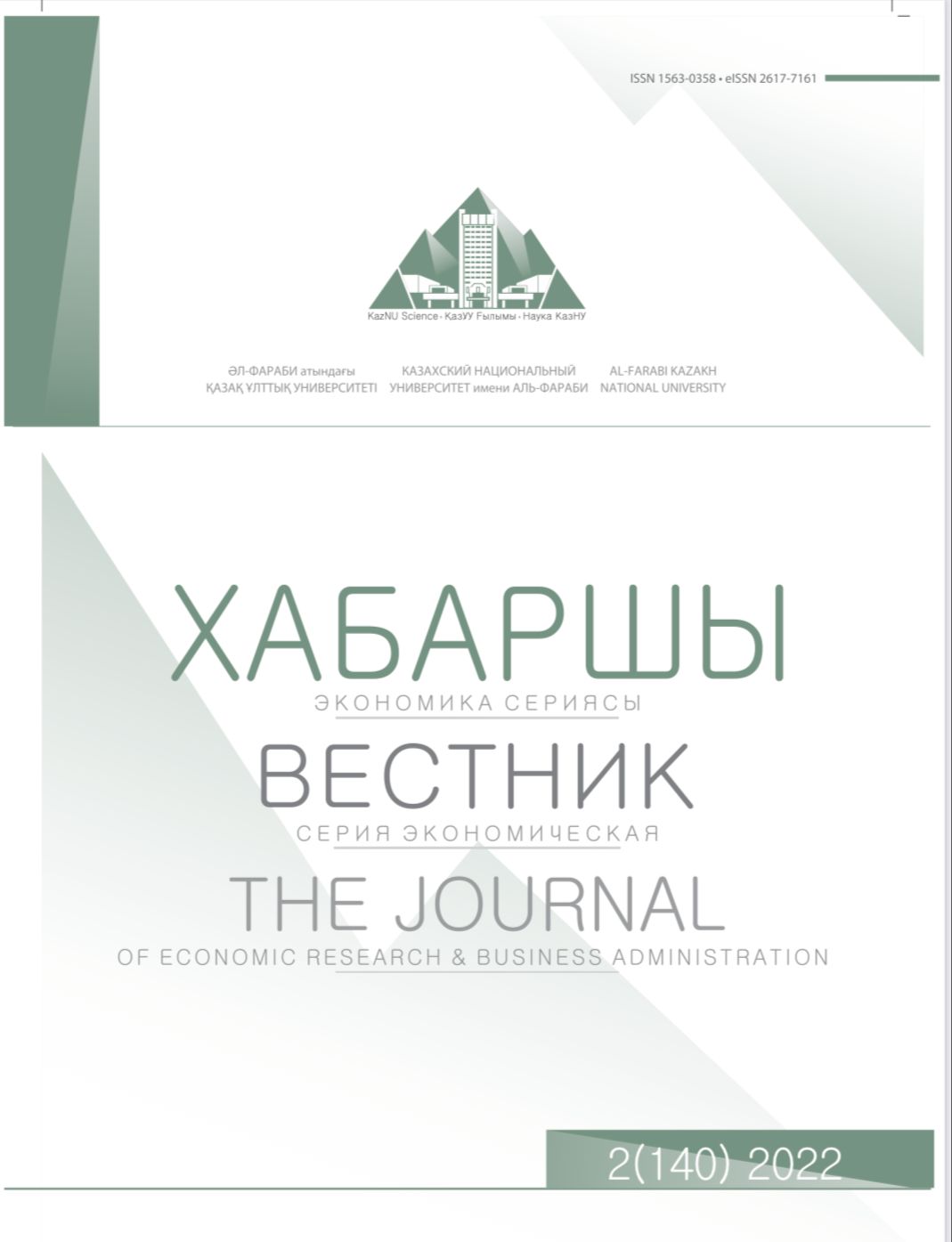Financing infrastructure projects in the context of sustainable development: theory and practice
DOI:
https://doi.org/10.26577/be.2022.v140.i2.012Abstract
In the period of the post COVID recovery of the global economy many countries with both developed and developing financial systems have faced problems of slowing economic growth and deteriorating social and environmental conditions. The key factor that could give a new impetus to the global financial system is increasingly seen as large-scale investment in infrastructure development, as an integral material base for modern technological development. Financing of infrastructure facilities in terms of anti-crisis neo-Keynesian measures is designed to solve social problems and provide a multiplier effect on other sectors of the economy. At the same time, for a country like Kazakhstan, there is an opportunity to qualitatively modernize obsolete and outdated infrastructure networks, as well as to realize its transit potential According to McKinsey Global Institute, the needs of the world economy in financing infrastructure investments during the period till 2030 will amount to $57 trillion. And according to the OECD, the annual deficit in financing infrastructure investments is about $ 1 trillion. The article summarizes theoretical and practical approaches to the problems of financing infrastructure projects to ensure the post-pandemic development of the national economy of Kazakhstan. Key words: Infrastructure projects, financing, investment, sustainable development.













